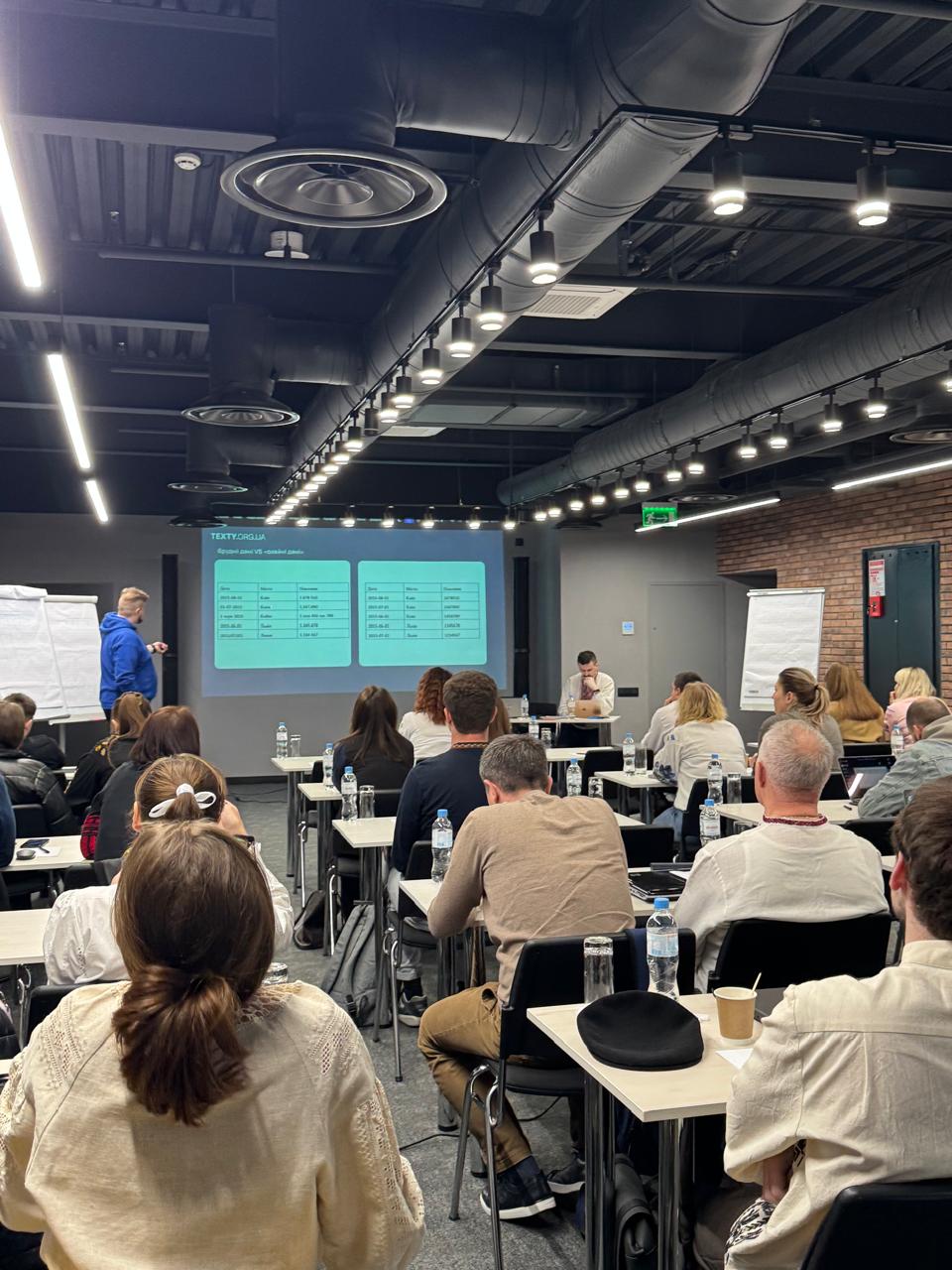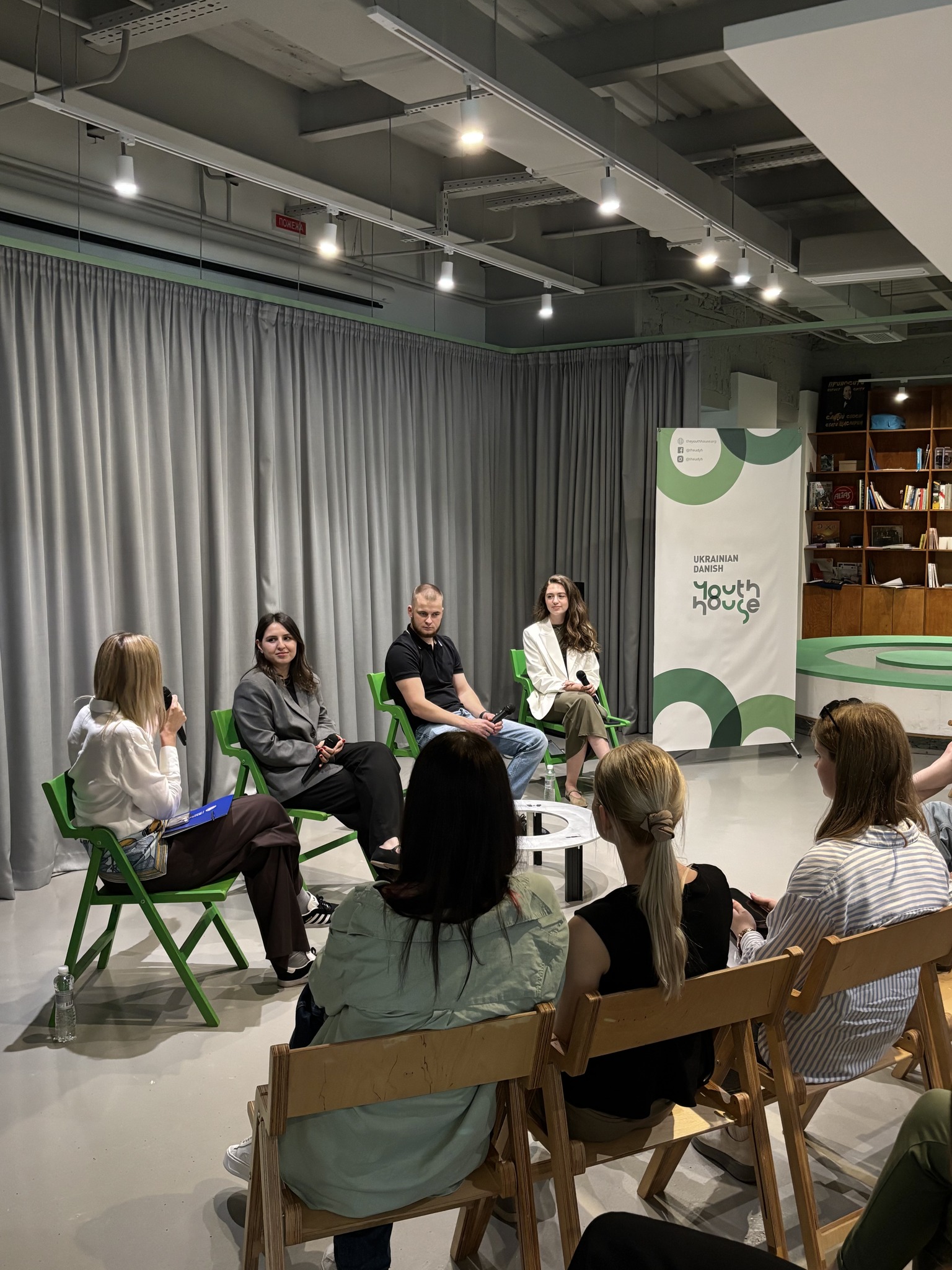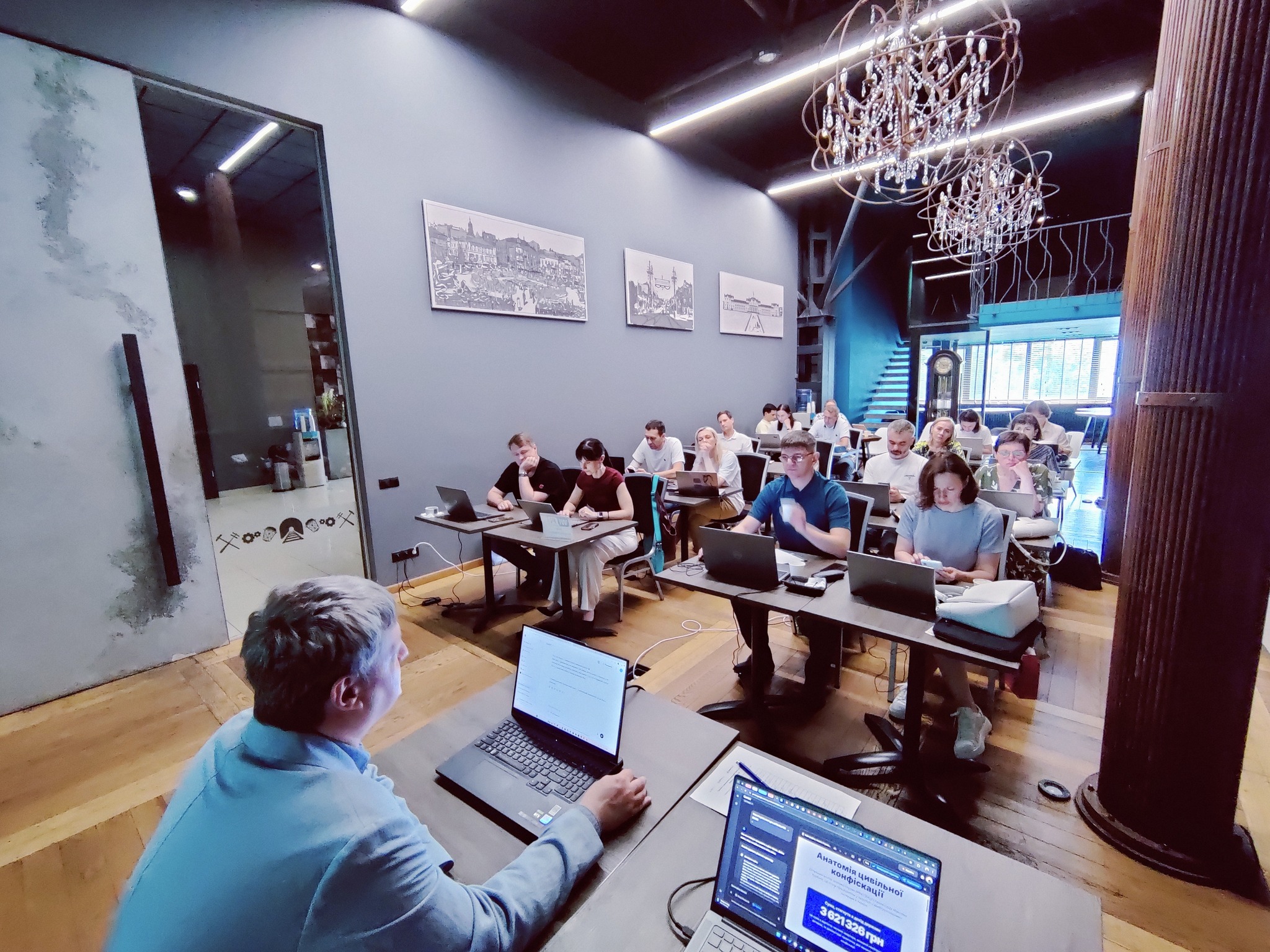Integrity Cities is the EU Anti-Corruption Initiative’s (EUACI) project designed to increase the capacity of cities to apply best governance practices in order to prevent corruption. It started in 2018 and covered five cities: Zhytomyr, Mariupol, Nikopol, Chervonohrad and Chernivtsi.
All of them successfully completed their Corruption Risk Assessment (CRA) procedure and came up with Municipal Integrity Plan (MIP), building the basis for further development. In each of them, EUACI has implemented a number of tools aimed at increasing transparency and accountability in the administration of local public affairs, as well as facilitating access to decision-making for active residents. These include interactive geoportals for citizens and businesses, open budgets for schools and kindergartens, improved methodology for conducting public hearings, procedures of corruption risks assessment, integrity development plans, etc. EUACI and Integrity Cities are currently working together to improve existing tools, while launching new areas of cooperation, such as integrity assessment of key monopoly public utilities.
Today, Integrity Cities are the structural groundwork for the country’s anti-corruption infrastructure, while their government and residents are the driving force and key element of combating corruption. They are the ones this video under the “You are a part of the anti-corruption initiative!” campaign is dedicated to. Find out about our joint achievements from the Mariupol City Council Secretary, the Mayor of Chervonohrad and the Head of EUACI Allan Pagh Kristensen.


